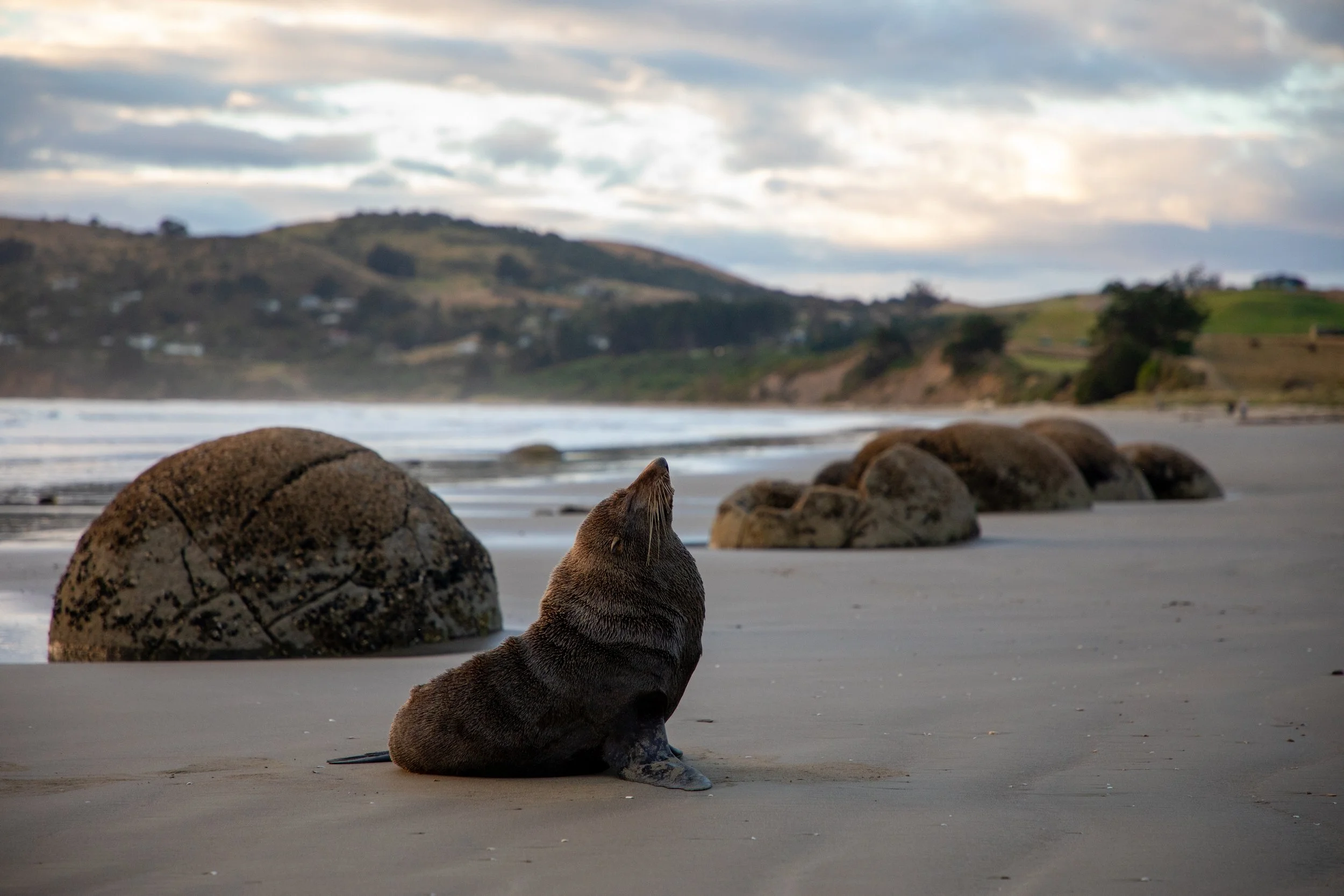
Te Mōkihi Whānau – Family & Wellbeing Services
Te Mōkihi Whānau delivers our hauora, social, and community services, supporting whānau in their homes and communities to identify aspirations, set goals, and achieve whānau-led outcomes.
We honour the whakatauākī from Hastings Tipa:
“Inā tae he manuhiri ki tō whare, watua he kōrero. Whākana ōu manuhiri.”
— welcoming each person as manuhiri, not clients, and working always with the whole whānau, not individuals.
Services include:
Social Work & Advocacy
Tūwhana Services (Whānau Ora Navigation)
Traditional Parenting (Tīpuna) Education
Mental Health Support
Rokoā, Karakia, and Mahi Wairua
Nurse-Led Clinic
Smoke-Free Coaching
Rāraka Workshops
Lifestyle support
Comprehensive Primary Care Team (CPCT)
We begin with an Oraka Assessment. The Oraka Assessment is a strengths-based tool used by Te Hā o Maru to support whānau in identifying aspirations and setting meaningful, culturally grounded goals. It focuses on six interconnected areas of wellbeing:
Te Ao Māori
Whānau are connected to whakapapa, whānau, cultural activity, and wairuataka.
This includes engagement with tikanga, te reo Māori, and practices that strengthen identity, belonging, and spiritual connection.Oraka ā Tinana
Whānau are healthy, engaged in physical activity, can access services and activities to support mental and spiritual health, and can identify health issues and access appropriate services.
Wellbeing is holistic, encompassing body, mind, and spirit, with a focus on proactive healthcare and healthy living.Kaitiakitaka
Whānau are self-sustaining in their care and guardianship of each other, those that came before, and future generations.
This includes intergenerational responsibilities, environmental stewardship, and nurturing collective resilience.Whai Rawa
Whānau are economically secure and/or entrepreneurial in gaining wealth.
Whānau have access to income, resources, and pathways that support financial independence and innovation.Mātauraka
Whānau are knowledgeable in all aspects of their lives, are engaged in education, and professional development.
Learning is lifelong and includes both formal education and indigenous knowledge systems.Rakatirataka
Whānau are growing leadership for themselves and their community.
This means developing the skills, confidence, and capacity to lead with mana — both within the whānau and across the wider hapori.
